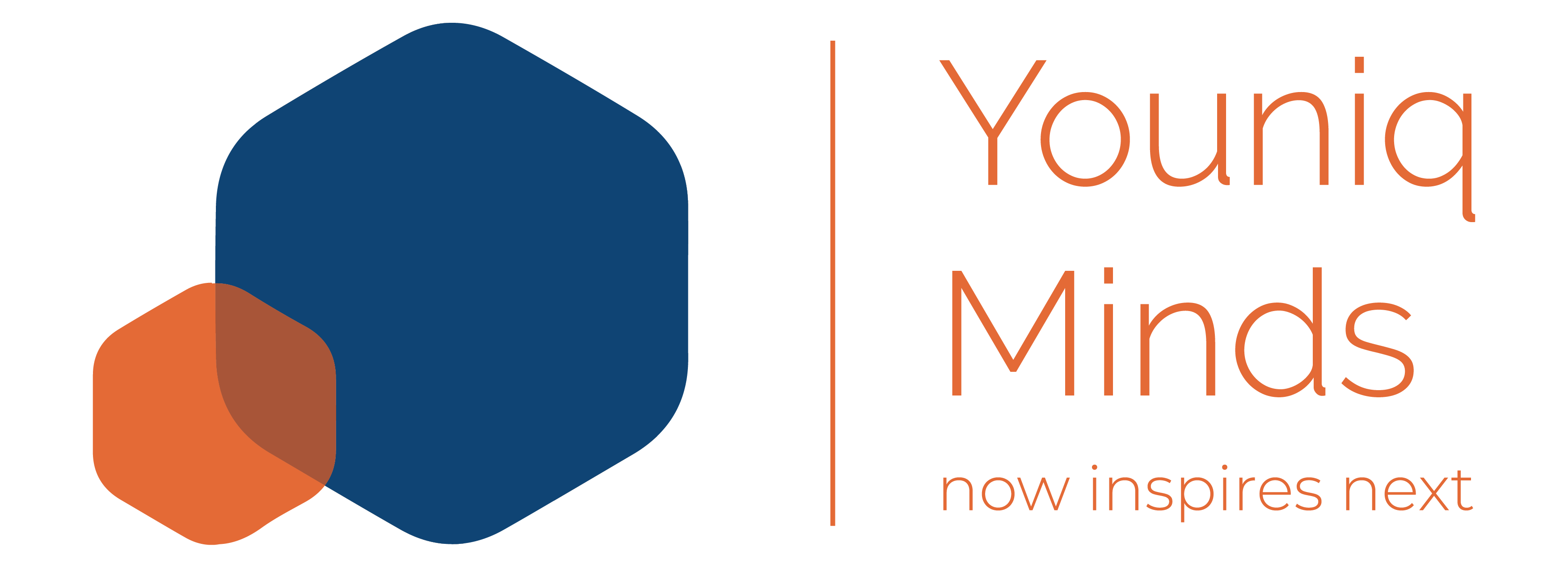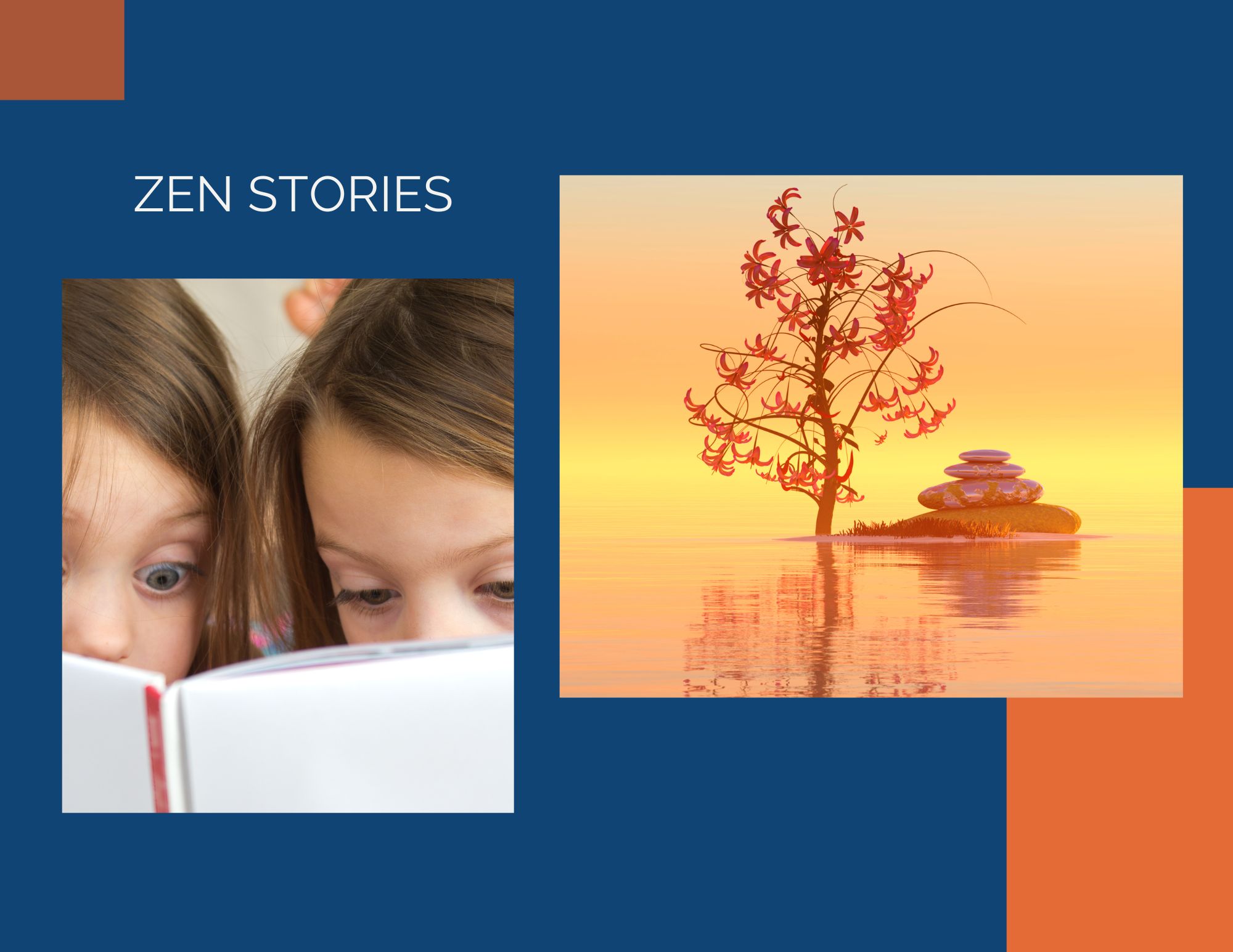#1 – Two Monks and a Woman – Overthinking harms mental health.
A senior monk and a junior monk were traveling together. At one point, they came to a river with a strong current. As the monks prepared to cross the river, they saw a young, beautiful woman attempting to cross. The young woman asked if they could help her cross to the other side. The two monks glanced at one another because they had taken vows not to touch a woman. Then, without a word, the older monk picked up the woman, carried her across the river, placed her gently on the other side, and carried on his journey.
The younger monk couldn’t believe what had just happened. After re-joining his companion, he was speechless, and an hour passed without a word between them. Two more hours passed, then three. Finally, the younger monk could contain himself no longer and blurted out, “As monks, we are not permitted a woman; how could you then carry that woman on your shoulders?”
The older monk looked at him and replied, “I set her down on the other side of the river; why are you still carrying her?”
We all go through times in life that lead us to hold onto things better left “on the other side of the river,” and yet we still carry them and only hurt ourselves.
What are you still holding onto that is better left?
#2 – Empty your cup – The importance of unlearning
Once upon a time, there was a wise Zen master. People traveled from far away to seek his help. In return, he would teach them and show them enlightenment. On this particular day, a scholar visited the master for advice. “I have come to ask you to teach me about Zen,” the scholar said. Soon, it became apparent that the scholar was full of opinions and knowledge. He interrupted the master repeatedly with his own stories and failed to listen to what the master had to say. The master calmly suggested that they should have tea.
So, the master poured his guest a cup. The cup was filled, yet he kept pouring until the cup overflowed onto the table, onto the floor, and finally onto the scholar’s robes. The scholar cried, “Stop! The cup is full already. Can’t you see?”
“Exactly,” the Zen master replied with a smile. “You are like this cup — so full of ideas that nothing more will fit in. Come back to me with an empty cup.”
I think of this story often because it reminds us that we need to open ourselves to new ideas and be willing to change our preconceptions. It’s simple in theory but difficult to practice. As we age, we fill our cups with past experiences and knowledge. When someone comes along and tries to change our minds, it becomes tough to accept it without prejudice.
The lesson in this story is opening oneself to new ideas. New ideas help us grow. Three factors are necessary for lifelong learning
- The will to change
- The will to empty our cups from old
- The will to fill our cups with new
If we are not willing to welcome new methods, ideas, and ways of being and thinking, then it is doubtful that we will change. It means that we need to accept that someone can challenge us, or we become ready to challenge our ways of thinking or interpreting.
Emptying our cups from the old means having the courage to explore and discover new ways, techniques, and skills. We need to take that leap to learn more about our potential.
The core of a lifelong learning process is to have a trusted partner “mentor” or “coach” who can challenge us to reinvent ourselves and support us by filling our cups with the new. Every dimension of our life has room to absorb new and fresh ways of thinking and being. This wisdom is key to learning to manage ourselves physically, emotionally, intellectually, professionally, and spiritually.
What are you doing to unlearn and learn in your life?

